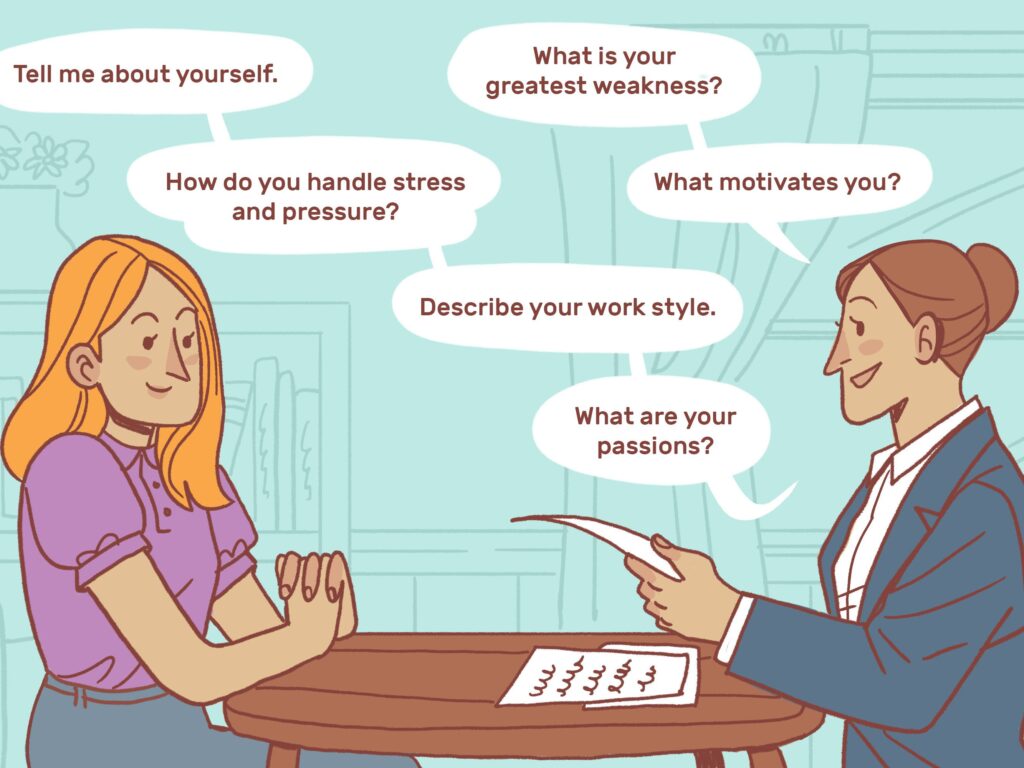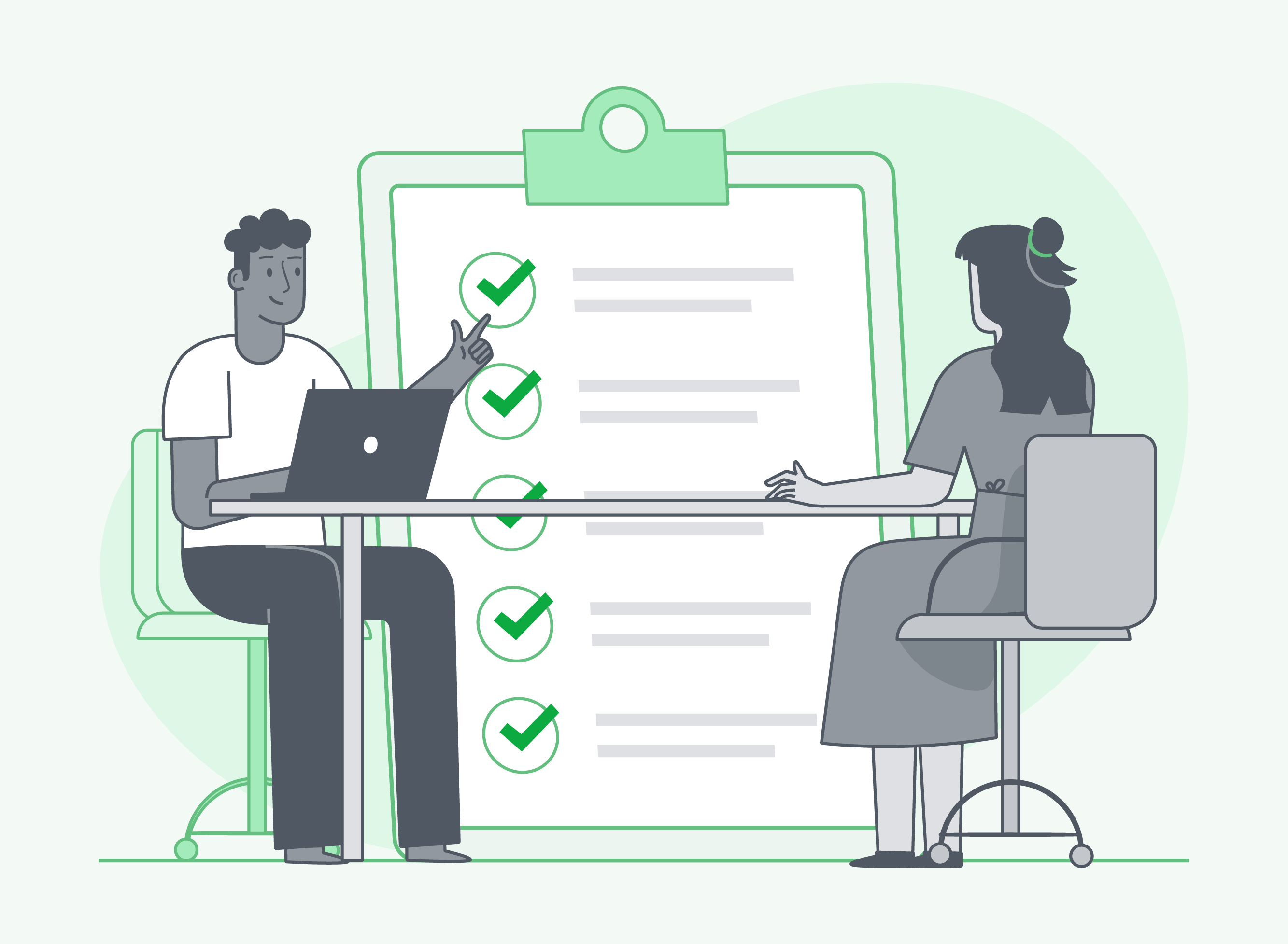Uncategorized
How to Prepare for Common Interview Questions
Interview Prep
Remember going to an interview to get a job? No?
If you have just separated from the military or are planning to separate, you will need to refresh your memory. During your job search as a civilian, you will likely have to complete interviews in order to land a new job. Here are some popular questions you need to familiarize yourself with as you return to the workforce. Taking some time to think about these questions and your responses now will give you a solid foundation of confidence when you find yourself in an interview.
-
- Tell us about yourself.
- Why are you leaving your current job? OR What made you decide to separate from the military?
- What do you consider your most significant accomplishment?
- What makes you qualified for this position?
- Discuss some difficult challenges you have overcome in your job when you may have thought you wouldn’t be successful.
- How do you handle pressure? Would you say you enjoy high pressure situations?
- Good employees take initiative and get the job done. Are you able to describe yourself in terms of this statement?
- Describe the way you have grown or changed over the past few years?
- What is your biggest strength?
- What is your biggest downfall or challenge?
Maybe you can think of some responses off the top of your head already – that’s a great start. Taking some time to think about these questions and your responses now will give you a solid foundation of confidence when you find yourself in an interview. Make some time to come up with outlines of how you plan to answer these questions, and then take time to refine your answers. The difference between a great response and an unmemorable one could be the difference between a job offer or leaving the interview without one.
How about a breakdown of each question in more depth:
-
- Tell us about yourself.
This question invites you to summarize key points and accomplishments in your recent work history and life that make you the best choice for this job position. This is not an invitation to become a storyteller and retell your life from birth until now.
It would be a great idea to give some background on how you heard about the job and why you are in this interview, what great qualities you can bring to this position, and where you see yourself in the future. This is also your chance to make a good first impression, so do not be afraid to let your personality shine and be friendly, upbeat and positive.
-
- Why are you leaving your current job/ why are you separating from the military?
Answering this question could be challenging since you may have frustrations from your past employment and from your time in the military. It will be crucial for you to remain polite and cordial about your experiences, especially when it comes to the military. The person conducting your interview may have family who are still in the service.
A good explanation would be to state that after a long time of consideration, you made the decision that rejoining the civilian workforce was best for you and your family.
-
- What do you consider your most significant accomplishment?
An outstanding response to this question can easily give an employer an insight to what it would be like to have you as an employee. Describe the situation and your professional role in a two-minute tale. Include any challenges you faced, such as deadlines, a lack of resources, and relationships with coworkers, when outlining in detail the strategies you used to succeed.
-
- What makes you qualified for this position?
Give a thorough explanation of your experience in the two or three most important areas from the job description. If at all possible, strive to select competencies that show a range of knowledge, such as technical proficiency, a particular management competency (organization, staffing, planning), and a personal success story. This answer will be closely related to the last question, but will require a more rhetorical response of skills you use daily in your job, not just a specific situation in which you succeeded.
-
- Discuss some difficult challenges you have overcome in your job when you may have thought you wouldn’t be successful.
With the response to this question, you have the opportunity to show that you are goal-oriented, have a strong work ethic, are personally invested in your work, and that you have integrity. Give a good example of how you overcame a lot of obstacles to ultimately succeed with a project or a deadline.
-
- How do you handle pressure? Would you say you enjoy high pressure situations?
High performers frequently perform well under high pressure situations. Your potential employer may want to know you will be suited for that type of working environment. On the other hand, this query could also imply that the job is demanding, entails long hours, and has strict deadlines. If you are able to function well under pressure, give a concrete example, briefly describing the circumstance, your approach, and the result.
-
- Good employees take initiative and get the job done. Are you able to describe yourself in terms of this statement?
This answer is more to gauge your integrity to find work and succeed when you realize something needs to be done. An independent, goal-driven individual does not require continual monitoring. You should give an example of a time when you were self-motivated in order to persuade the interviewer that you have initiative. Try to go into great detail with at least one example.
-
- Describe the way you have grown or changed over the past few years?
Your ability to answer this question will demonstrate the fact that you are a well-balanced and intelligent individual. People who are able to reflect that they have changed and matured are employees that realize growing both in skill and in mentality is valuable. Be sure to mention job related skills like improvements that assist you in doing your job better, as well as mental growth like keeping a positive mindset, or being able to prioritize tasks better.
-
- What is your biggest strength?
Your strengths are best explained when using an example. Using a specific situation where you excelled because of an attribute you have will allow you to answer this question thoroughly.
-
- What is your biggest downfall or challenge?
Just like strengths, each person has weaknesses. The trick will be to present your weaknesses in a way that shows you are aware of them, and you want to work to improve, so they do not limit your work output. This is a great question to be able to demonstrate strong self-reflection ability, while also showing you are a person who wants to continually improve.
While these questions may not be exactly worded the same, different versions of these standard interview queries will be what the employer is looking to answer in your interview. Your ability to prepare ahead of time, and present yourself professionally, will hopefully lead to job offers you want to accept.


